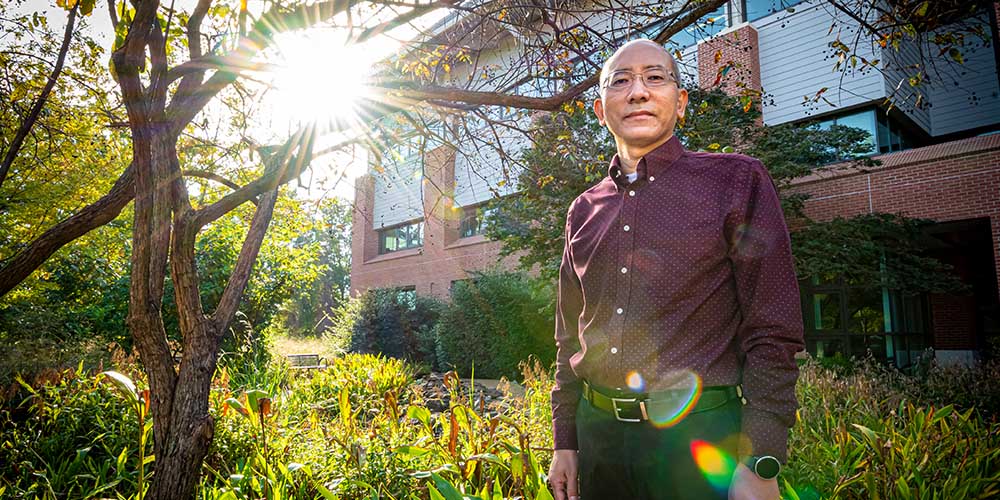Forest Economics, Management and Policy Stories

Wide Open Spaces
As coastal communities grow, leaders must weigh the economic benefits of beachfront development and preserving open waterfront space. Dr. Jason Gordon, Dr. Robert Grala, both in forestry, and Dr. Daniel Petrolia, in environment economics, along with scientists from Jackson State University and the University of Alabama, conducted a study to better understand the value and benefits of waterfront property. They distributed surveys to residents in Mississippi and Alabama coastal counties, presenting a hypothetical scenario of a ballot initiative where residents would vote for or against the establishment of a public fund to purchase waterfront land in order to protect land, water, and small beachfront businesses. Most respondents valued waterfront open space preservation and were willing to pay to support these areas. The scientists hope that this information will help city planners and policymakers make more informed decisions regarding waterfront property.
2017

Operating in the South
Dr. Eric McConnell, an associate forestry professor at Mississippi State, is leading research to estimate the costs of producing forest products in Mississippi. Since the mid-2000s, fluctuating economic conditions have made it difficult to calculate cumulative costs from planting to production. McConnell's team explores various aspects of forest operations, including timber growing, harvesting, and logging. Their research has uncovered ways for timber producers to optimize profits, such as utilizing state cost-share incentives and federal tax deductions to save money on hardwood regeneration. McConnell also found that the cost of log trucking in Mississippi is high, with factors like insurance premiums, safety violations, and weight restrictions adding significant costs.
His team, along with doctoral student James Shannon, is working to address these issues, promoting safety education and raising awareness to reduce trucking costs. The goal is to improve profitability and reduce financial challenges in Mississippi's forest products industry.
2023

Assessing Timberland Sales Over the Long Term
Like government and industry owned land, private forestland provides fresh water, habitats for fish and wildlife, recreational opportunities, and wood products. However, frequent resale activity for immediate profit can potentially threaten the long-term stability of timberland management and ecosystems on these properties. A team of Forest and Wildlife Research Center scientists, led by Dr. Edwin Sun, partnered with scientists from The Ohio State University and the University of Georgia to study the turnover of private forest land in Mississippi from 1999 to 2019. The team studied 18,783 parcels of private forestland in Mississippi counties with varying geographical locations, populations, socioeconomic conditions, and proximity to urban centers. They found that about 46% of these parcels were sold at least once over the 21 years, with the maximum being nine times.
The properties that changed ownership during this time were sold an average of 1.5 times, with an average ownership duration of about five years. While further studies are needed to understand the broader impacts of ownership fragmentation on forestland management, timber production, and ecosystems, Sun sees this knowledge having implications for policy improvements, such as tax or cost-share programs, that encourage and reward longer-term ownership. This research is funded by the USDA McIntire-Stennis capacity grant and the Forest and Wildlife Research Center.